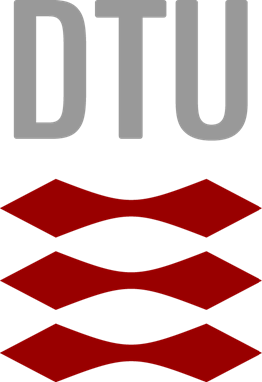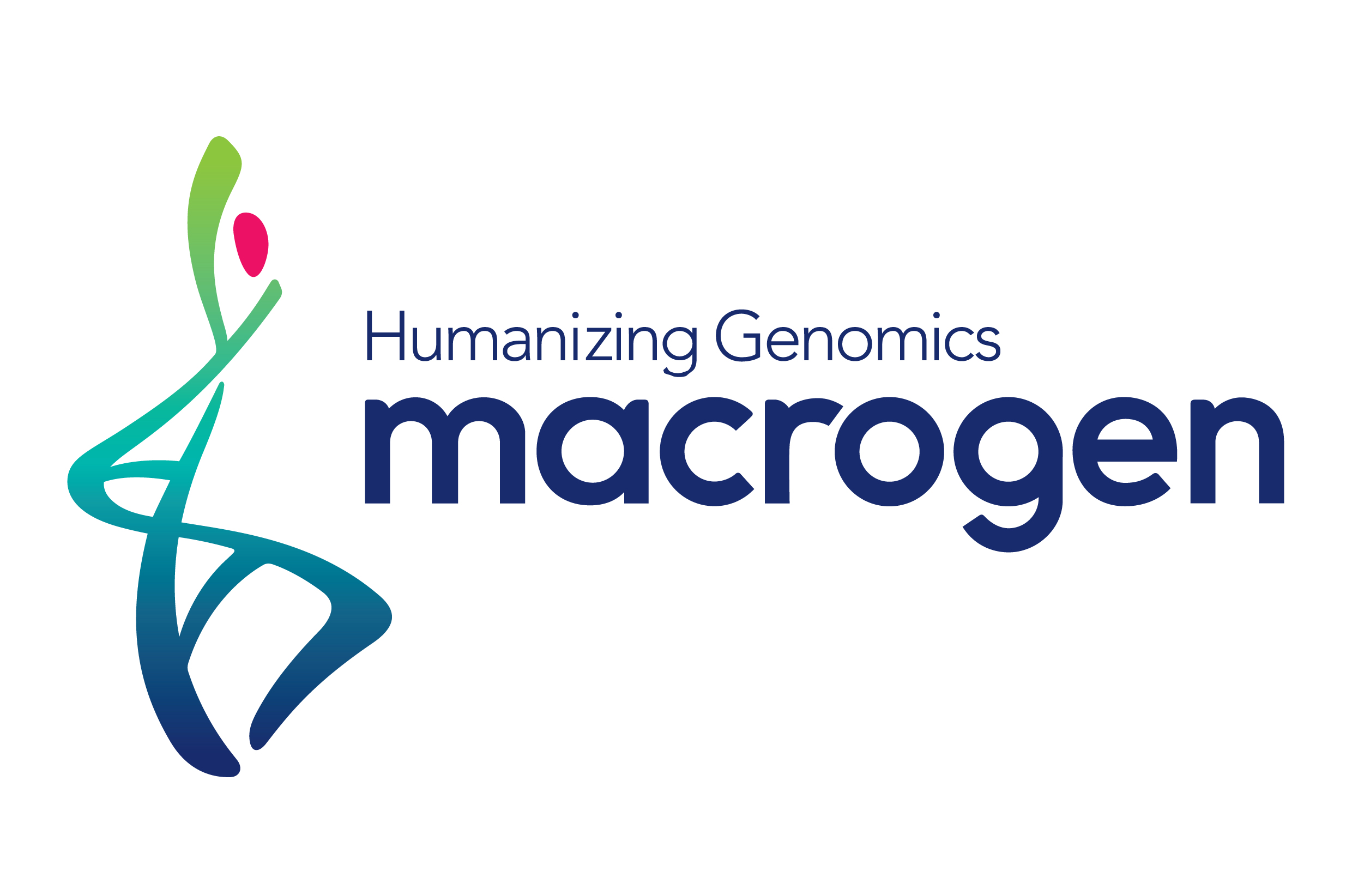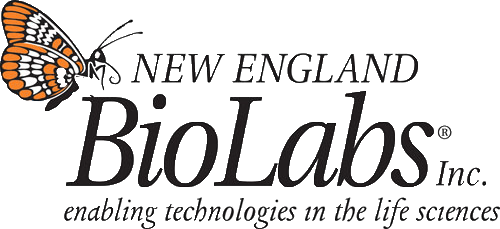Team:DTU-Denmark/Project/Detection
Detection of NRP
Introduction:
Separation and identification of our non-ribosomal peptide synthetase (NRPS) products was determined by ultra-high performance liquid chromatography with diode array detection coupled to quadrupole time-of-flight mass spectrometry (UHPLC-DAD-QTOFMS). NRPS variants were identified by changes in mass/z and column retention time. Development of a matrix assisted laser desorption ionization time-of-flight mass spec (MALDI-TOF-MS) method will allow for future rapid analysis of oligo-recombineered strains producing a library of NRPS antibiotic products. DTU’s 2015 iGEM team was able to procure the assistance of the DTU Metabolomics Platform group, which specializes in analytical chromatography and is recognized in our attributions page. With assistance from our advisor, a protocol was established to lyse the cells and extract the tyrocidine and surfactin molecules before they were run on the liquid chromatography mass spec (LCMS) for analysis.
Background:
Tyrocidine and surfactin can both be separated by liquid chromatography, which separates molecules in a liquid mobile phase as they pass over a solid stationary media in a column. Molecules bind to or elute off the column based on their differing physical properties; including electronegativity, polarity, hydrophobicity, or size. Different detection methods (eg. mass spectroscopy, fluorescence detection, UV/Visible light spectroscopy) can then be coupled to the HPLC to analyze the compounds that were separated from the original solution. The reversed phase liquid chromatography column used in our method has a non-polar stationary phase and polar mobile phase, which causes polar molecules to elute before non-polar compounds. Initial preparative steps remove large contaminants from the sample such as the cell membranes or organelles, which can clog and damage the columns.
As there are many different metabolites produced by prokaryotic and eukaryotic cells, it is important to have an idea of the chemical properties and mass of the target compound. Tyrocidine is an amphiphilic, cyclic peptide naturally produced by an NRPS in Bacillus brevis with antimicrobial properties against gram-positive bacteria [1]. It functions by disrupting cell membranes, which explains its broad efficacy, but it has been shown to have hemolytic activity [2], making it unsuitable for intravenous use. Tyrocidine has been reported in the literature to have 5 main forms with the general peptide sequence of …D-Phe1/Tyr1 – Pro2 – Phe3/Trp3/Tyr3 – D-Phe4/D-Trp4/D-Tyr4 – Asn5 – Gln6/Asp6 – Val8 – Orn9 – Leu10… [3]

Figure 1: Surfactin, highlighted with the blue circle at the location of the mutation from an aspartic acid residue to asparagine

Figure 2: cyclic peptide, Tyrocidine A
- Biomass grown on an LB agar plate was gently scraped off the agar using a clean microscope slide (washed with ethanol or methanol before use) and placed in a labeled 15 mL centrifuge tube.
- 5 mL of methanol was added to the biomass to lyse the cell membranes before they were centrifuged at 4700 x g for 5 minutes to pellet the cell material.
- Supernatant was carefully removed by pipetting 250 μL into an HPLC vial for analysis
- Biomass grown on an LB agar plate was gently scraped off the agar using a clean microscope slide (washed with ethanol or methanol before use) and placed in a labeled 15 mL centrifuge tube.
- 5 mL of ethyl acetate with 1% formic acid was added to the sample to ensure positively charged residues were protonated and the surfactin was extracted from the cell. Sample was sonicated for 5 minutes before it was centrifuged at 4700 x g for 5 minutes to pellet the cell material.
- Supernatant was carefully removed by pipetting into a fresh 15 mL Falcon tube.
- Ethyl acetate was evaporated with gentle N2 gas flow in a fume hood and the extract was re-dissolved in 300 μL of methanol.
- Methanol soluble extract was vortexed and centrifuged at 4700 x g for 5 minutes and 250 μL of sample was pipetted into an HPLC vial for analysis.
Department of Systems Biology
Søltofts Plads 221
2800 Kgs. Lyngby
Denmark
P: +45 45 25 25 25
M: dtu-igem-2015@googlegroups.com












